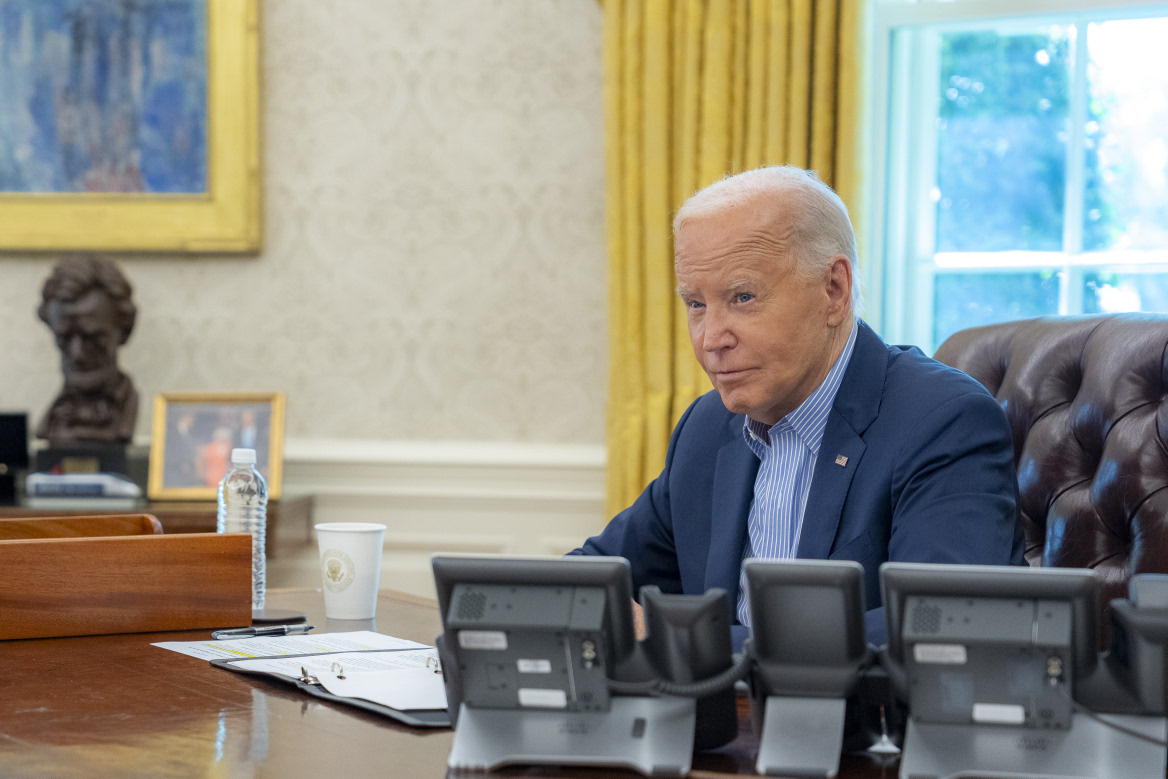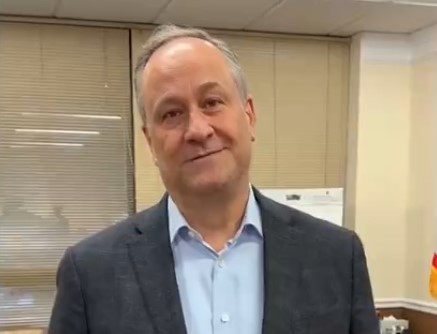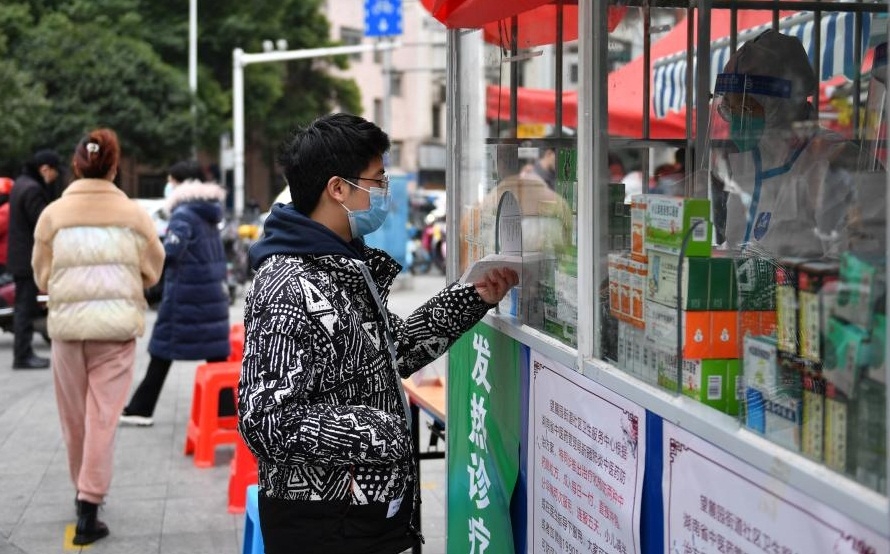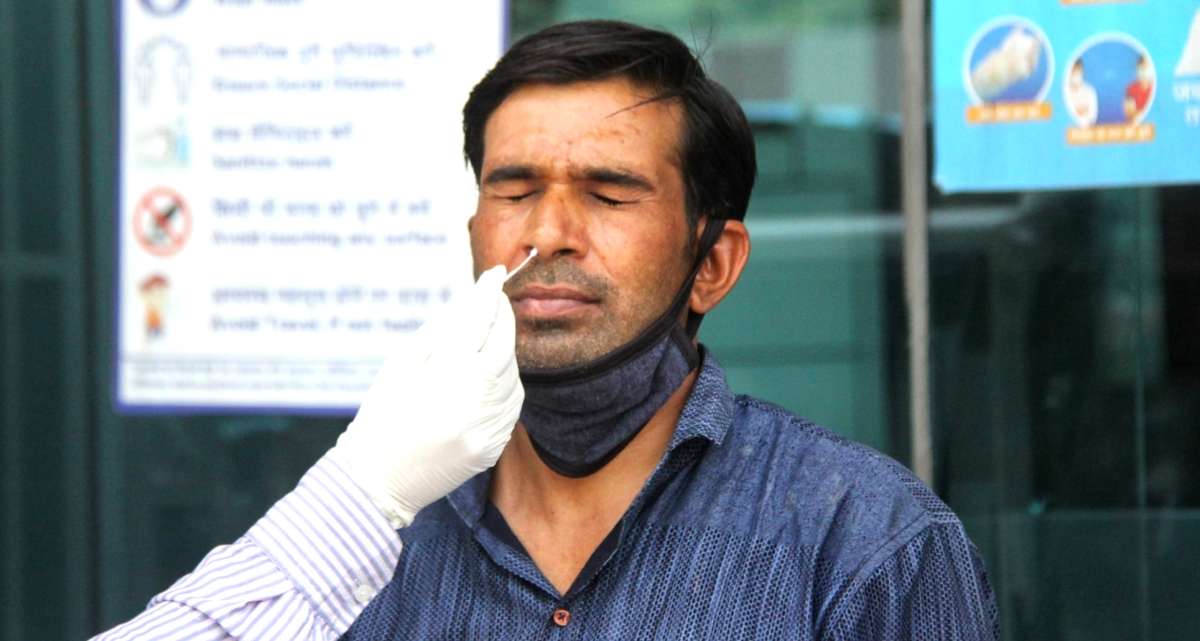During the hearings for this module, last year, 69 experts and politicians, including former Prime Minister David Cameron and Health Secretaries Jeremy Hunt and Matt Hancock, gave evidence…reports Asian Lite News
The failures and weaknesses in the UK’s pandemic preparations are expected to be laid out in the first report published by the Covid inquiry. Baroness Hallett, who is chairing the public inquiry, will set out her findings at lunchtime.
Her report will cover the state of the healthcare system, stockpiles of personal protective equipment (PPE) and the planning that was in place. It is the first of at least nine reports covering everything from political decision-making to vaccines and the impact on children.
During the hearings for this module, last year, 69 experts and politicians, including former Prime Minister David Cameron and Health Secretaries Jeremy Hunt and Matt Hancock, gave evidence.
The inquiry heard much of the UK preparations had been based on planning for a flu virus. This meant an over-reliance on vaccines and antivirals that would have no impact on a Covid virus and an acceptance only so much could be done to curb the spread of a new virus.
Hunt told the inquiry the UK should have been paying more attention to Asian countries such as Taiwan, Singapore and South Korea, which had seen earlier outbreaks of two other coronaviruses, severe acute respiratory syndrome (Sars) and Middle East respiratory syndrome (Mers).
Those countries suppressed the initial wave of Covid more effectively, by rolling out targeted test, trace and quarantine systems and establishing border controls.
And this helped reduce the number of deaths and limited the use of lockdowns. Another issue Lady Hallett is likely to address is why the government failed to act on the recommendations made when the civil service ran Exercise Alice, in 2016, simulating a major Mers outbreak.
Witnesses were also critical of austerity and the state it had left the NHS and public health systems in. England’s former chief medical officer Prof Dame Sally Davies was heavily critical of the state of the NHS, saying it had fewer doctors, nurses, beds and ventilators than in similar countries.
And University College epidemiology professor Michael Marmot said the UK had entered the pandemic with “depleted” public services, leaving it less able to cope. But George Osborne, the Chancellor between 2010 and 2016, told the inquiry austerity had meant the UK had had the financial resources to deal with the pandemic.
The inquiry heard a number of Department of Health workstreams relating to pandemic planning had been paused or slowed as planning for a no-deal Brexit had been prioritised.
But former cabinet minister Michael Gove said Brexit planning had increased staffing and made departments work more closely together. And former Health Secretary Matt Hancock said the same work had secured medical supply chains and prevented hospitals running out of some intensive-care drugs.
Prof Adam Kucharski, from the London School of Hygiene and Tropical Medicine, who advised the government during the pandemic, told BBC News preparedness was a crucial issue and the report’s findings would require action. “We’re going to face more pandemic threats in future,” he said.
“We need to ask the question, ‘If there’s a pandemic next year, what do we want a good response to look like and what do we need to be putting in place now to ensure that response is feasible?’”










